DON’T WAIT, VACCINATE!
Immunization for First Nations, Inuit and Métis Peoples and Communities


18-Month Perpetual Calendar
January to June

CHRONIC AND INFECTIOUS DISEASES

© 2022 National Collaborating Centre for Indigenous Health (NCCIH) and the National Collaborating Centre for Infectious Diseases (NCCID). This publication was funded by the NCCIH and made possible through a financial contribution from the Public Health Agency of Canada (PHAC). The views expressed herein do not necessarily represent the views of PHAC.
This calendar was produced by the National Collaborating Centre for Indigenous Health (NCCIH) and the National Collaborating Centre for Infectious Diseases (NCCID). The information presented in this calendar was adapted from Don’t Wait, Vaccinate! Calendar for Childhood Immunization for First Nations 2012, with permission from First Nations and Inuit Health Branch, Indigenous Services Canada.
View and download the fact sheet series and other resources supporting vaccine confidence amongst First Nations, Inuit and Métis peoples and communities online at: nccih.ca and nccid.ca .
To learn more about vaccines for children, youth and adults, visit your local health centre or go to: www.canada.ca/en/public-health/services/ immunization-vaccines.html
Citation: National Collaborating Centre for Indigenous Health (NCCIH) & National Collaborating Centre for Infectious Diseases (NCCID). (2022). Don’t wait, Vaccinate! Immunization for First Nations, Inuit and Métis Peoples and communities –18-month perpetual calendar – January to June.
La version française est également disponible sur les sites Web ccnsa.ca et ccnmi.ca sous le titre : N’attendez pas, vaccinez! Vaccination à l’intention des peuples et des communautés des Premières Nations, inuits et métis –calendrier perpétuel – janvier à juin.
For further information or to obtain additional copies, please contact:
National Collaborating Centre for Indigenous Health (NCCIH)
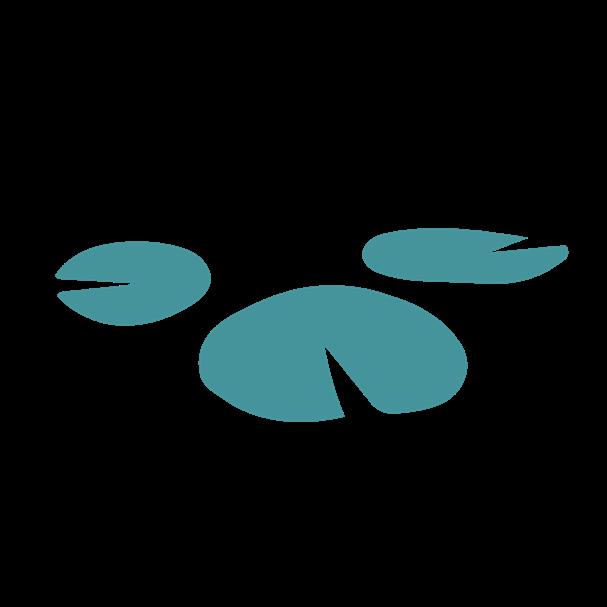
3333 University Way
Prince George, British Columbia

V2N 4Z9 Canada
Tel: (250) 960-5250
Fax: (250) 960-5644


Email: nccih@unbc.ca
Download publications at nccih.ca/34/Publication_Search.nccih
Télécharger des publications à ccnsa.ca/524/Recherche_de_publication.nccih
 Front and Back Cover Photo © Credit: iStockPhoto.com, ID 470008275
Inner Cover Photo © Credit: iStockPhoto.com, ID 545572792
Front and Back Cover Photo © Credit: iStockPhoto.com, ID 470008275
Inner Cover Photo © Credit: iStockPhoto.com, ID 545572792
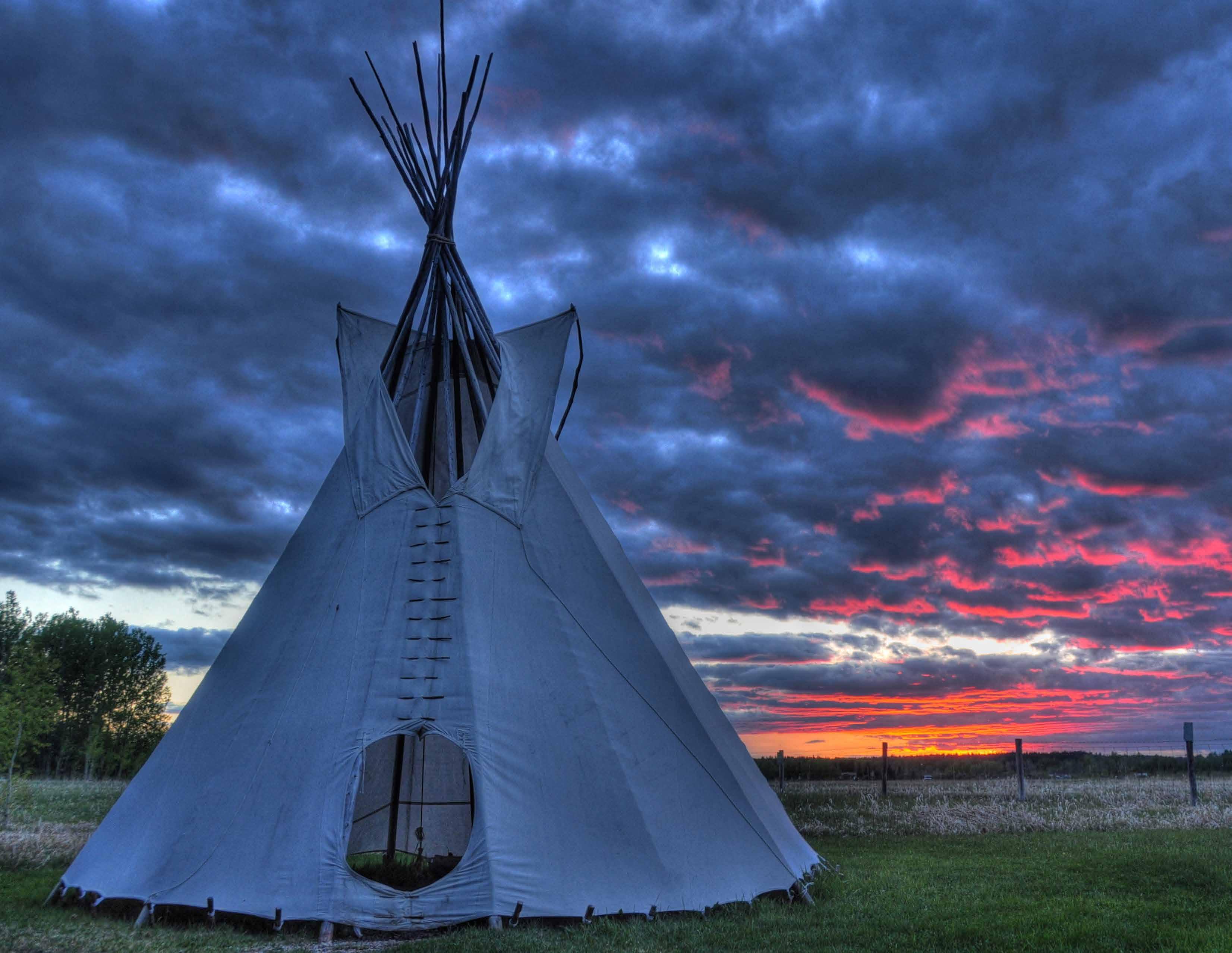 © Credit: iStockPhoto.com, ID 175340763
© Credit: iStockPhoto.com, ID 175340763
What is a vaccine?
A vaccine is a medicine that protects people from getting different diseases, such as influenza (flu) and measles. These diseases can be very serious and even deadly.
The body’s immune system is a network of organs, cells and tissues that all work together to protect the body against disease. When new germs enter your body, the immune system makes special proteins called antibodies to fight the germs, but the germs can still make you sick. Vaccines help your immune system make antibodies to fight specific diseases, without getting the disease itself. Vaccines also keep you from getting severely sick, if you are exposed to the disease germs again in the future.
DID YOU KNOW?
Vaccination and immunization mean the same thing.
Don’t wait, Vaccinate! Immunization for First Nations, Inuit and Métis Peoples and Communities 18-Month Perpetual Calendar – January to June
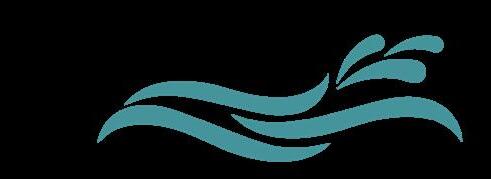

4
© Credit: Jarvis Googoo
5 Don’t wait, Vaccinate! Immunization for First Nations, Inuit and Métis Peoples and Communities
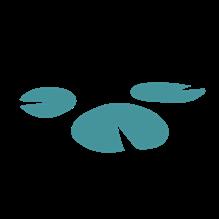
18-Month Perpetual Calendar – January to June

1
Day 2 3 4 5 6 7 8 9 10 11 12 13 14 15 16 17 18 19 20 21 22 23 24 25 26 27 28 29 30 31
New Year’s
JANUARY
Vaccines offer good protection
First Nations, Inuit and Métis Elders share knowledge of ‘good medicines’ that have been used for generations to prevent sickness and heal people who are sick. Many of these medicines are still used today.
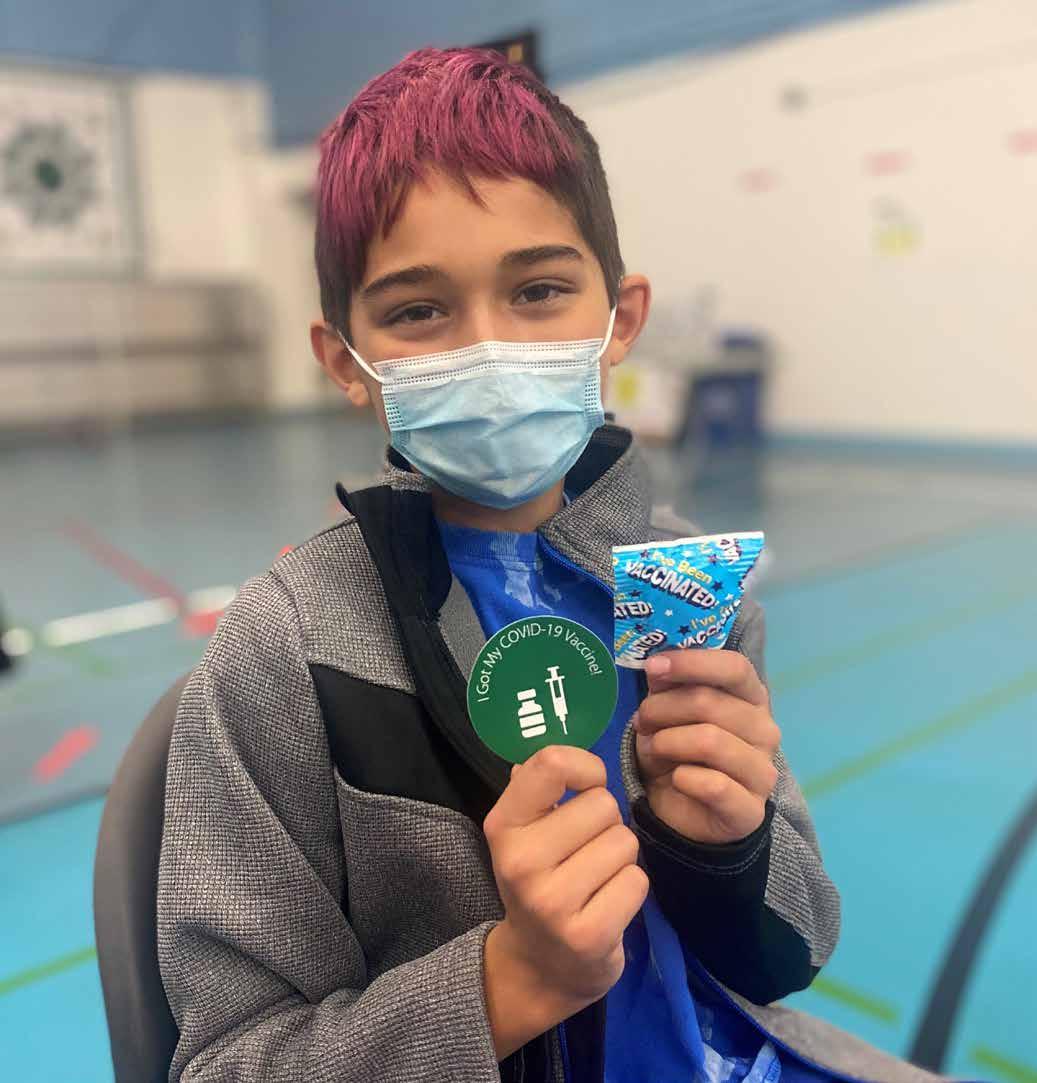
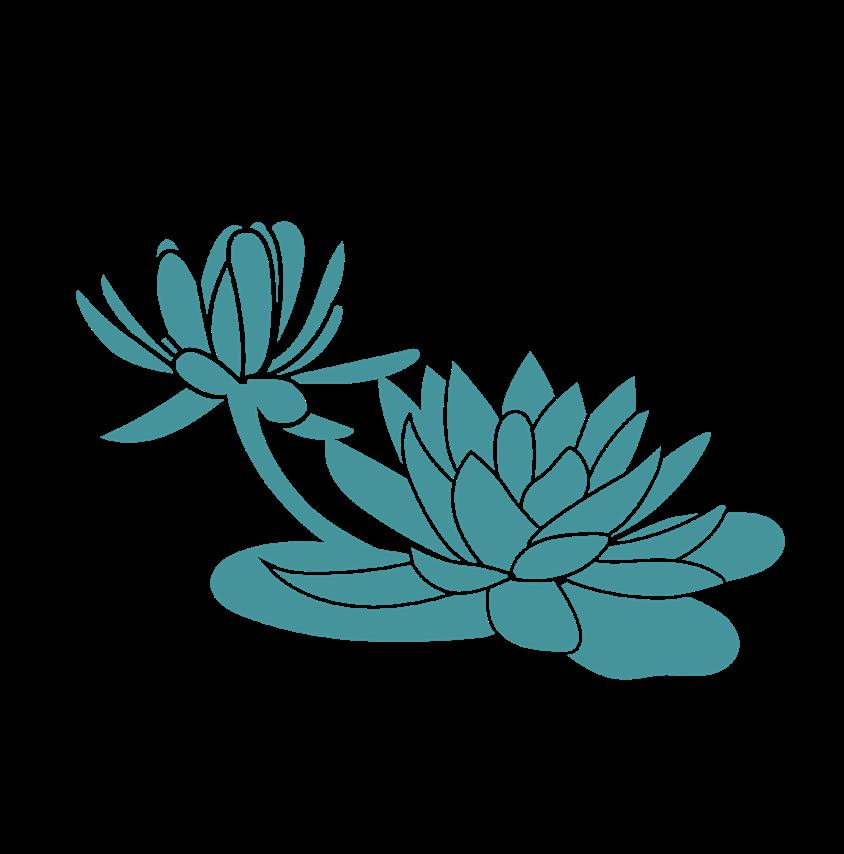
Vaccines are also good medicine. They help protect children, youth and adults from many infectious diseases, at any age and all stages of life.
DID YOU KNOW?
Vaccines protect children, youth and adults from many dangerous infectious diseases, like mumps and diphtheria.
6 Don’t wait, Vaccinate! Immunization for First Nations, Inuit and Métis Peoples and Communities 18-Month Perpetual Calendar – January to June
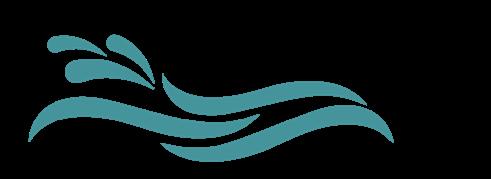 © Credit: Tina Campbell
© Credit: Tina Campbell
FEBRUARY
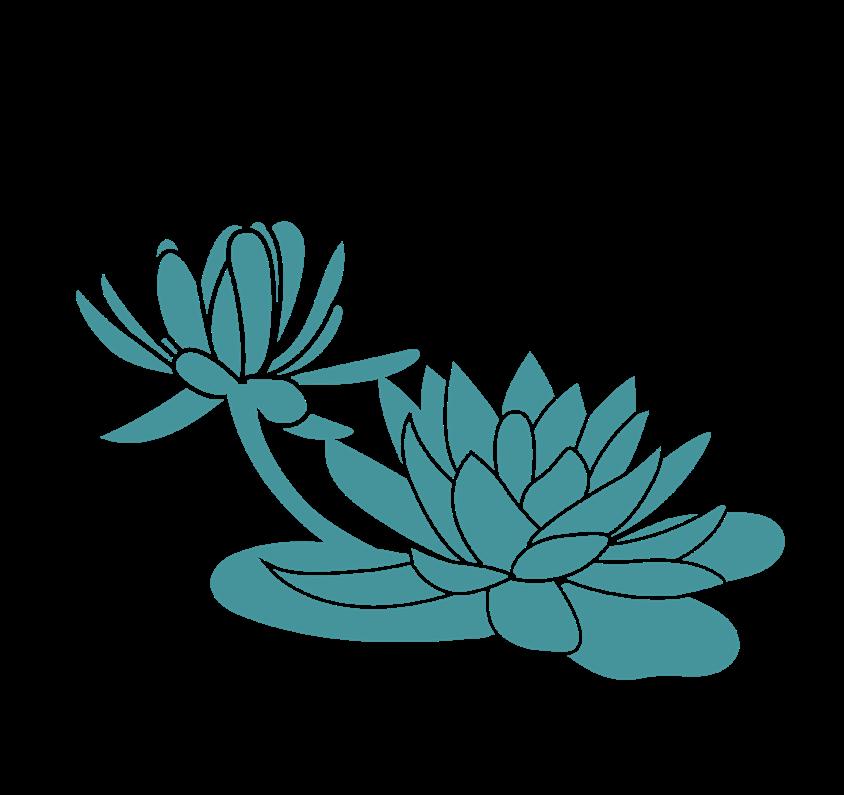
Louis Riel Day is the 3rd Monday in February
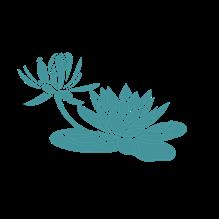
Pink Day is the last Wednesday in February
14 Valentine’s Day
7 Don’t wait, Vaccinate! Immunization for First Nations, Inuit and Métis Peoples and Communities
18-Month Perpetual Calendar – January to June
1
3 4 5 6 7 8 9 10 11 12 13
15 16 17 18 19 20 21 22 23 24 25 26 27 28 29
2 Groundhog Day
Vaccines are safe
Vaccines are safe and effective. Canada has a strict process to approve and monitor vaccines and how they are used. Vaccines are always checked regularly for safety, including tracking any side effects and reactions.
The vaccine is much safer than getting the disease.
DID YOU KNOW?
Immunization is the best way to protect against vaccine-preventable diseases at any age. Vaccines are safe and effective. They keep people’s immune systems strong!
Don’t wait, Vaccinate! Immunization for First Nations, Inuit and Métis Peoples and Communities 18-Month Perpetual Calendar – January to June
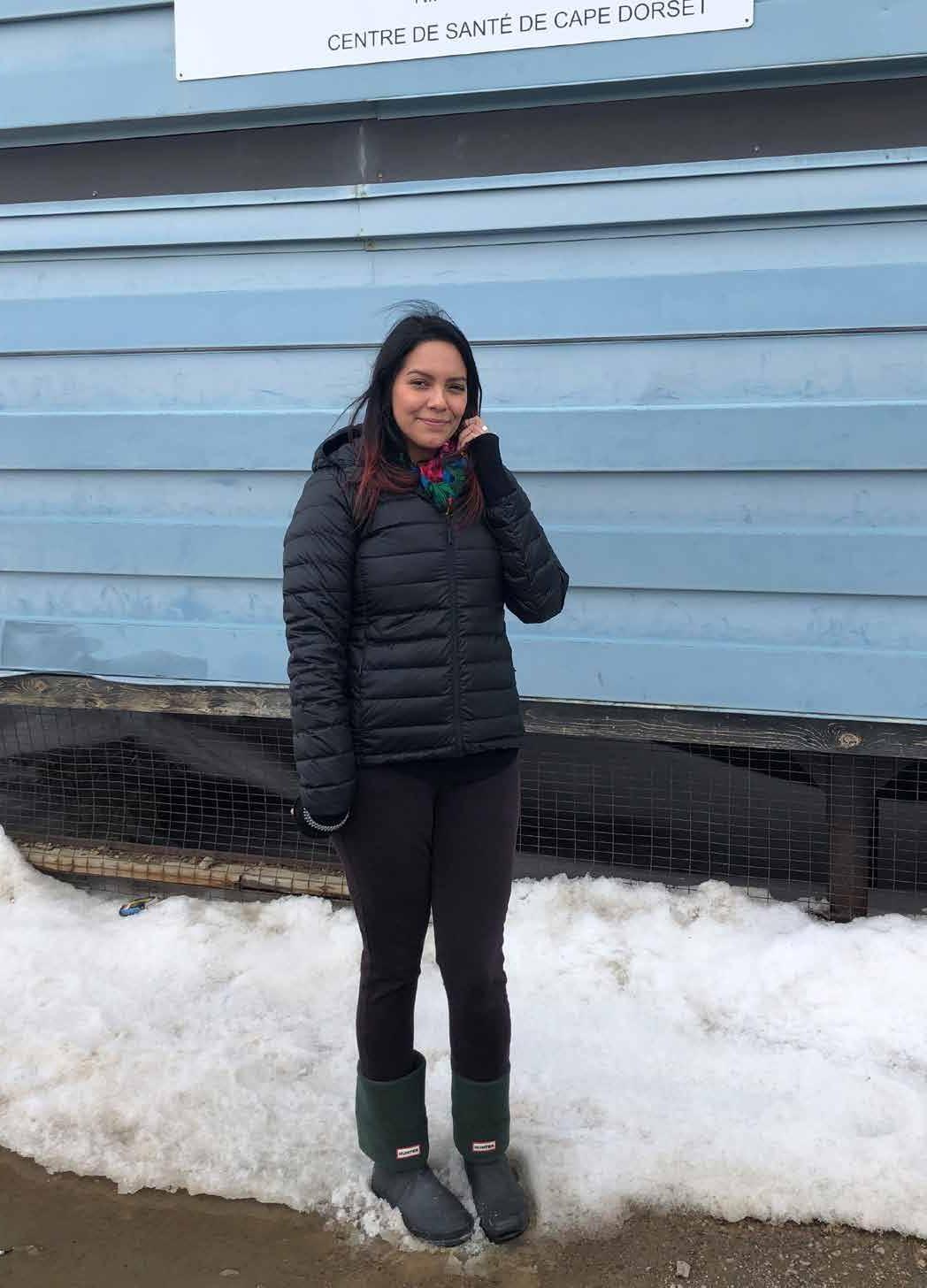


8
©
Credit: Tina Campbell
Easter falls between March 22 and April 25


9 Don’t wait, Vaccinate! Immunization for First Nations, Inuit and Métis Peoples and Communities 18-Month Perpetual Calendar – January to June MARCH 1 2 3 4 5 6 7 8 International Women’s Day 9 10 11 12 13 14 15 16 17 St. Patrick’s Day 18 19 20 Spring Equinox – First Day of Spring 21 International Day for the Elimination of Racial Discrimination 22 23 24 25 26 27 28 29 30 31
Immunizations are still needed today
Immunizations have helped stop the spread of many diseases. Some diseases – like polio and diphtheria – have almost completely disappeared in Canada.
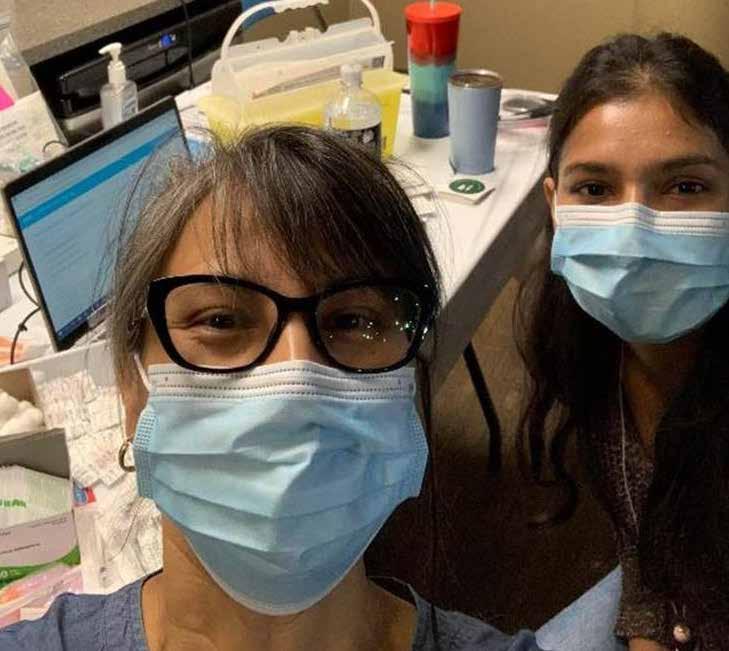
If people do not get immunized, vaccine-preventable diseases will become more common again. Getting immunized helps to keep these diseases under control for everyone – for good.
DID YOU KNOW?
Over the last 60 years, vaccines have saved more lives than any other medical intervention.
Don’t wait, Vaccinate! Immunization for First Nations, Inuit and Métis Peoples and Communities
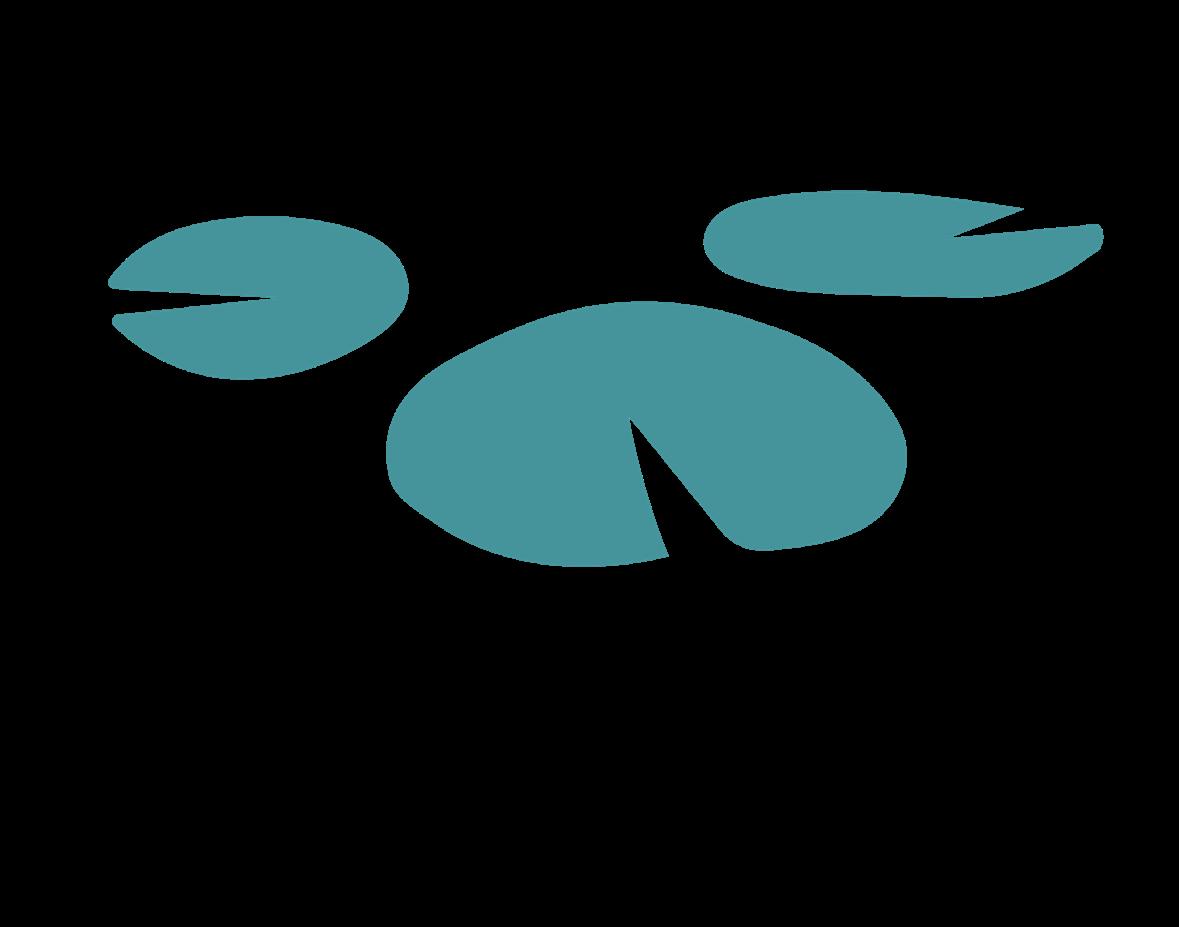
18-Month Perpetual Calendar – January to June

10
© Credit: Belinda Daniels
Easter falls between March 22 and April 25


1 April Fool’s Day
11 Don’t wait, Vaccinate! Immunization for First Nations, Inuit and Métis Peoples and Communities
18-Month Perpetual Calendar – January to June
2 3 4 5 6 7 8 9 10 11 12 13 14 15 16 17 18 19 20 21 22 Earth Day 23 24 25 26 27 28 29 30
APRIL
When should we get our vaccines?
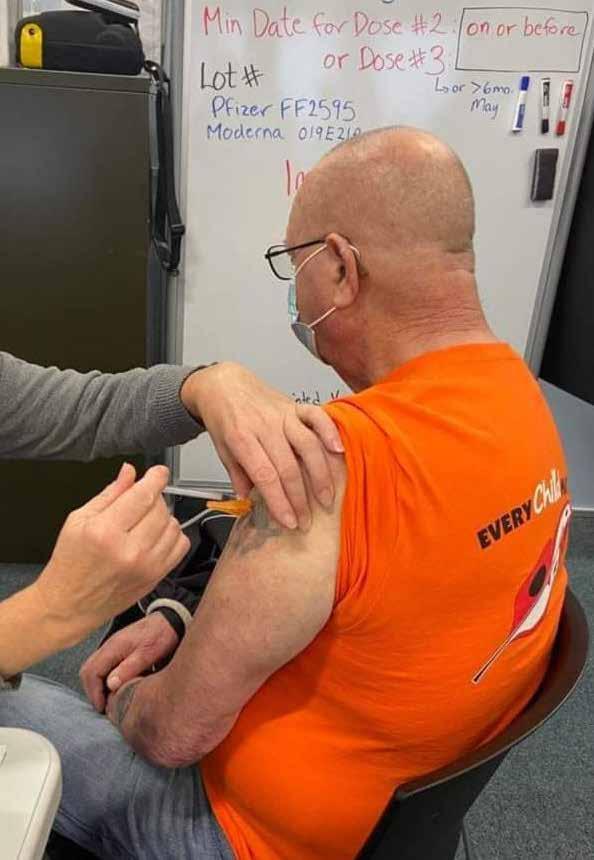
Timing is very important when it comes to immunization. Vaccines work best when given on time, beginning when babies are still very young. Babies are most vulnerable to diseases under the age of 2 years.
Many vaccines are recommended in childhood to offer protection from a wide range of diseases. Some vaccines only protect for a certain number of years. Teenagers and adults need booster shots for some vaccines to continue to be protected. Some diseases only affect older children or adults (like HPV and shingles). Those vaccines may be offered at different life stages.
Teens and adults can get vaccine-preventable diseases if they missed some vaccines when they were children. Talk to your health care provider to make sure you are up to date with your vaccines. Having all your vaccines helps to keep you, your family, and community healthy.
DID YOU KNOW?
Children are best protected from vaccine-preventable diseases when they receive all doses of their vaccines on time.
Don’t wait, Vaccinate! Immunization for First Nations, Inuit and Métis Peoples and Communities 18-Month Perpetual Calendar – January to June

12
©
Credit: Dena McDonald
Mother’s Day is celebrated on the 2nd Sunday of May Victoria Day is celebrated on the Monday preceding May 25
5 National Day of Awareness for Missing and Murdered Indigenous Women, Girls, and 2SLGBTQQIA+ Peoples (MMIWG2SLGBTQQIA+)
Don’t wait, Vaccinate! Immunization for First Nations, Inuit and Métis Peoples and Communities 18-Month Perpetual Calendar – January to June
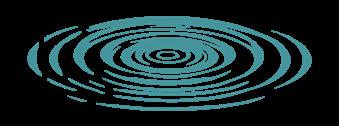
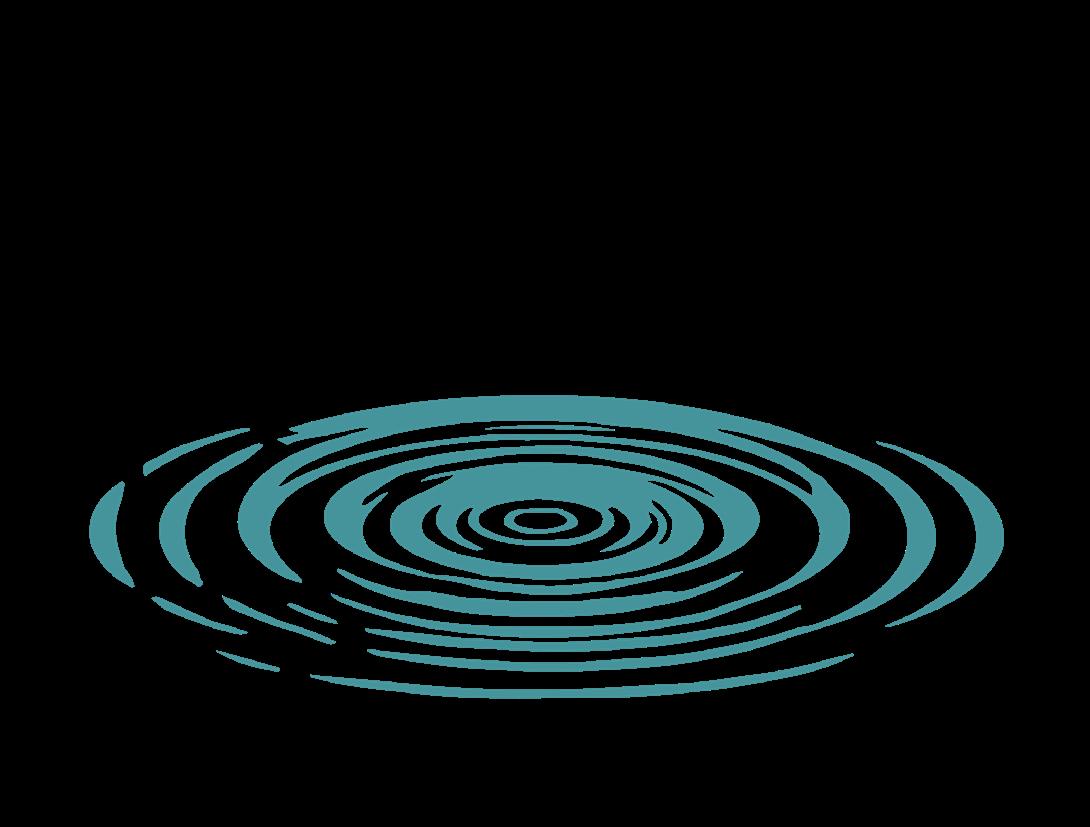
13
1 2 3 4
6 7 8 9 10 11 12 13 14 15 16 17 18 19 20 21 22 23 24 25 26 27 28 29 30 31 MAY
How do we remember which vaccines we had and which ones we need?
Health care providers who give vaccines keep track of which vaccines they have given you. If you receive a vaccine from someone other than your main health care provider (or if you see many different health care providers), it is a good idea to keep track and share your records with your main health care provider (if you have one). You may need to show proof you received certain vaccines for travel, school or work. Young
children usually need to prove they are fully vaccinated before starting daycare or school.
If you are not certain whether you need a vaccine or whether you have already had one kind, ask your health care provider at your next appointment. – they might have a record or make a recommendation.
DID YOU KNOW?
Getting vaccines at a young age will protect children in early childhood and throughout their lives. You can ask your health care provider for a record of your immunizations and your children’s.
Don’t wait, Vaccinate! Immunization for First Nations, Inuit and Métis Peoples and Communities

18-Month Perpetual Calendar – January to June

14
© Credit: Gina Lollabridgida
June is National Indigenous History Month
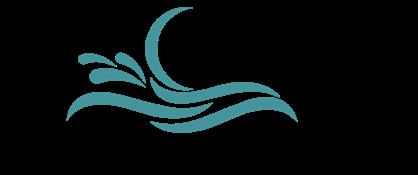
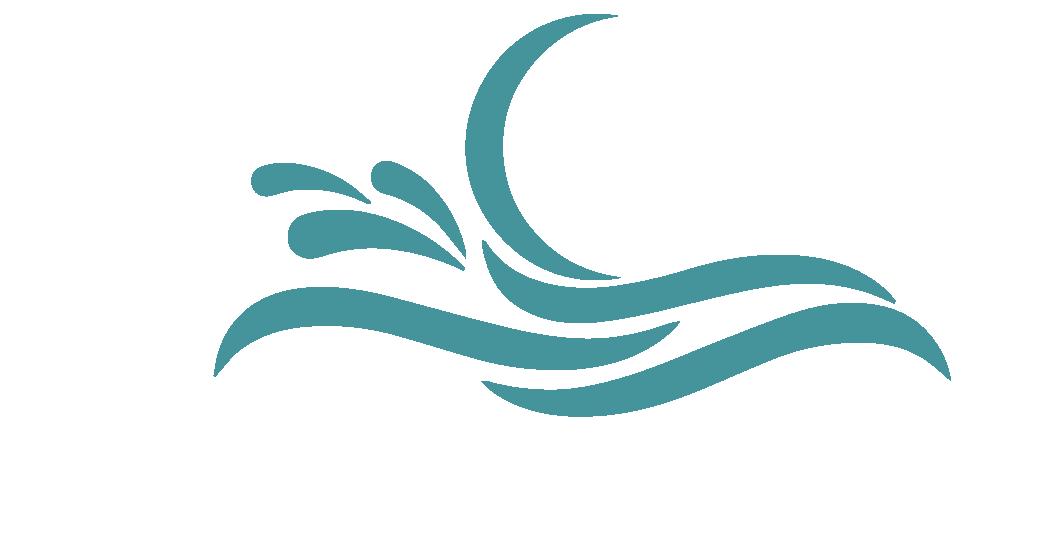
Father’s Day is the 3rd Sunday in June
Don’t wait, Vaccinate! Immunization for First Nations, Inuit and Métis Peoples and Communities
18-Month Perpetual Calendar – January to June
15
1 2 3 4 5 6 7 8 9 10 11 12 13 14 15 16 17 18 19 20 21 National Indigenous People’s
First Day of Summer 22 23 24 25
Day
JUNE
Vaccines are important for good health
Vaccines are an important part of staying healthy. Learning the facts about vaccines can help parents, caregivers and other adults make informed decisions to protect children, youth, themselves and their communities.
DID YOU KNOW?
Breastfeeding offers some protection from diseases early in your child’s life, but that protection goes away very quickly once breastfeeding stops.
Don’t wait, Vaccinate! Immunization for First Nations, Inuit and Métis Peoples and Communities
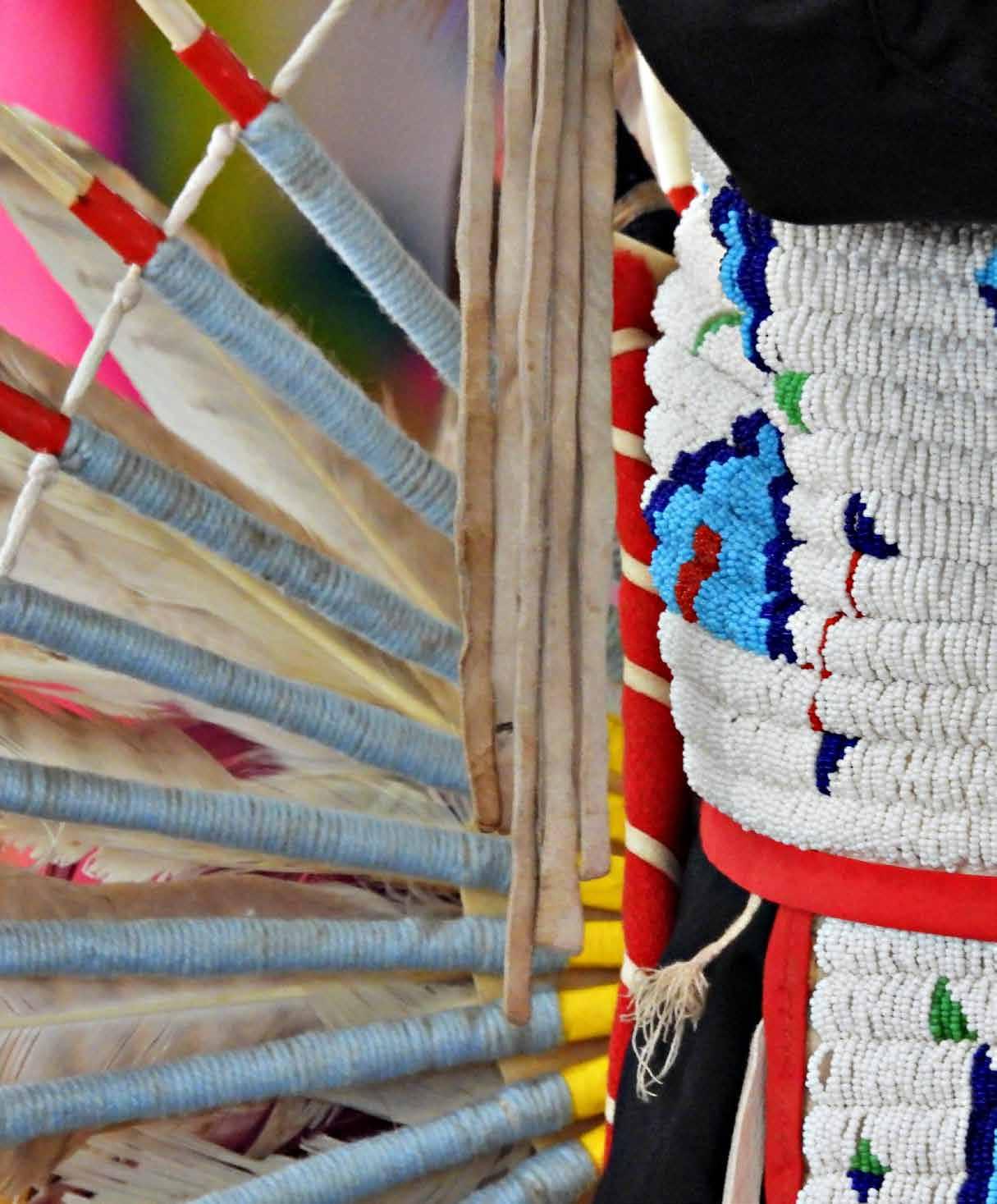
18-Month Perpetual Calendar – January to June

16
© Credit: iStockPhoto.com, ID 1371961623
Don’t wait, Vaccinate! Immunization for First Nations, Inuit and Métis Peoples and Communities

18-Month Perpetual Calendar – January to June

17
1 Canada Day 2 3 4 5 6 7 8 9 Nunavut Day 10 11 12 13 14 15 16 17 18 19 20 21 22 23 24 25 26 27 28 29 30 31 JULY
Exposure to germs
We are exposed to germs every day, whether from children playing at daycare or at school, visiting friends, going to appointments in the community, or attending a cultural event or community feast.
Germs can spread very easily and quickly. Coughing, sneezing, talking, or singing are some of the ways germs can spread from one person to the next. Germs also spread when people touch something that has germs on it, and then touch their eyes, nose or mouth.
Some germs cause diseases that can be very serious and may even lead to death. It is important for children, youth and adults to get immunized on time so their immune systems are ready to fight off these serious diseases. Getting immunized at a young age will protect children during early childhood and throughout their lives.
DID YOU KNOW?
Germs can live for hours or days on surfaces like doorknobs, TV remotes and toys.
Don’t wait, Vaccinate! Immunization for First Nations, Inuit and Métis Peoples and Communities

18-Month Perpetual Calendar – January to June

18
© Credit: iStockPhoto.com, ID 867951220
The Civic Holiday is the first Monday in August


19 Don’t wait, Vaccinate! Immunization for First Nations, Inuit and Métis Peoples and Communities 18-Month Perpetual Calendar – January to June 1
2 3 4 5 6 7 8 9 International Day of the World’s Indigenous Peoples 10 11 12 13 14 15 16 17 18 19 20 21 22 23 24 25 26 27 28 29 30 31 AUGUST
Terry Fox Day
How to prevent the spread of germs:

• Keep immunizations up-to-date.
• Cough and sneeze into your arm, not your hand.
• Avoid touching your eyes, nose and mouth with your hands.
DID YOU KNOW?
There are ways to prevent the spread of many infectious diseases in your home and in your community.
• Wash your hands often with soap and water for at least 20 seconds or, if hand washing is not possible, use hand sanitizer.
• Clean objects and surfaces regularly with a household cleaner.
• Do not share personal items such as toothbrushes, razors, drinking cups, dishes from community feasts, makeup, etc.
• If you are sick, stay at home and try to limit contact with others.
• Eat well and be active every day to maintain a strong body, mind and spirit.
Don’t wait, Vaccinate! Immunization for First Nations, Inuit and Métis Peoples and Communities
18-Month Perpetual Calendar – January to June

20
© Credit: iStockPhoto.com, ID 876816246
Labour Day is celebrated on the first Monday of September
Don’t wait, Vaccinate! Immunization for First Nations, Inuit and Métis Peoples and Communities

18-Month Perpetual Calendar – January to June

21
1 2 3 4 5 6 7 8 9 10 11 12 13 14 15 16 17 18 19 20 21 22 First Day of Fall 23 24 25 26 27 28 29 30
SEPTEMBER
Get the facts, not the flu!
The yearly seasonal influenza vaccine is a good way to protect yourself, your family and your community.
Pregnant people, young children, people with chronic diseases and the elderly are among those at higher risk of complications and hospitalization from influenza. The influenza vaccine is recommended for people 6 months of age or older. Speak with your health care provider about getting the influenza vaccine every year.
DID YOU KNOW?

The seasonal influenza virus usually changes from year-to-year, which is why it is important to get the flu vaccine every year.
Don’t wait, Vaccinate! Immunization for First Nations, Inuit and Métis Peoples and Communities 18-Month Perpetual Calendar – January to June
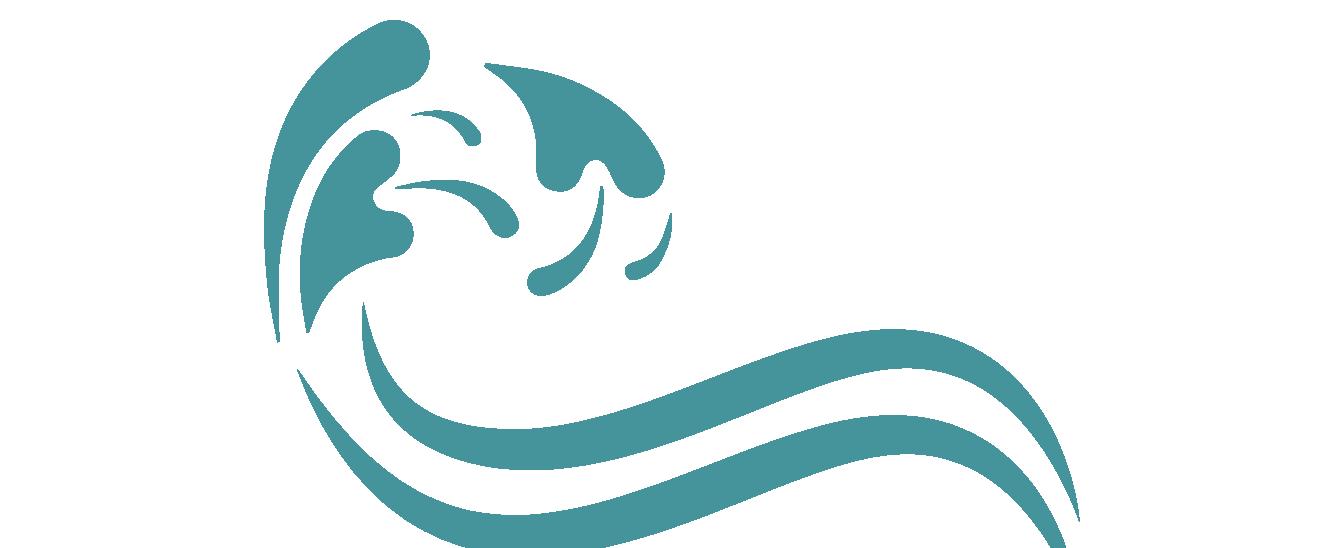

22
© Credit: iStockPhoto.com, ID 1160812203
Thanksgiving falls on the 2nd Monday of October
Don’t wait, Vaccinate! Immunization for First Nations, Inuit and Métis Peoples and Communities

18-Month Perpetual Calendar – January to June

23
1 2 3 4 5 6 7 8 9 10 11 12 13 14 15 16 17 18 19 20 21 22 23 24 25 26 27
OCTOBER
Don’t wait, Vaccinate! Immunization for First Nations, Inuit and Métis Peoples and Communities
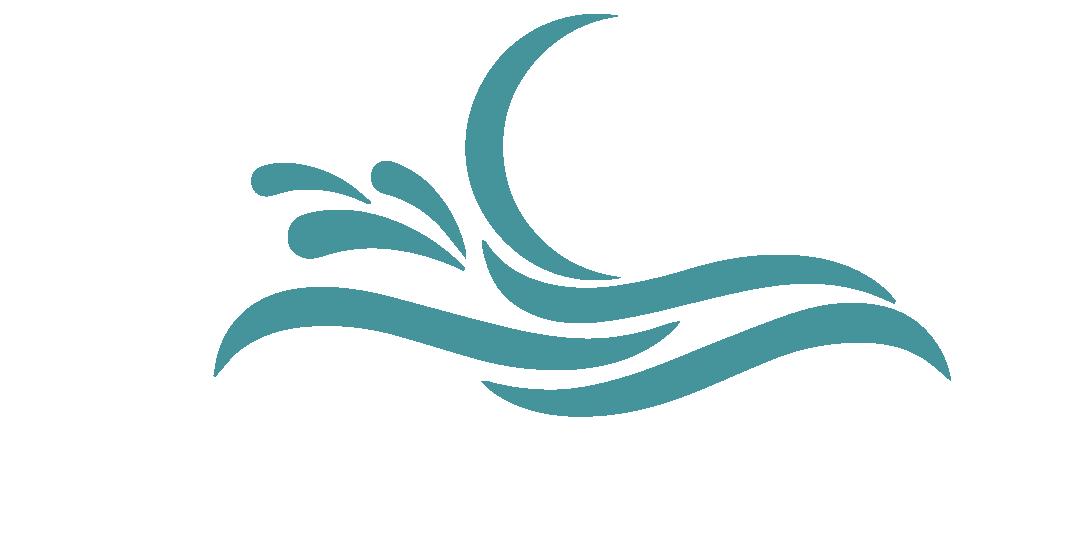

18-Month Perpetual Calendar – January to June
DID YOU KNOW?
There are vaccines that can protect adults from shingles and most common types of pneumonia.
Immunization and adults
Vaccines are not just for children and youth. Adults also need to get immunized to boost their protection against some vaccine preventable diseases and to build immunity against other diseases that are more common in adults.
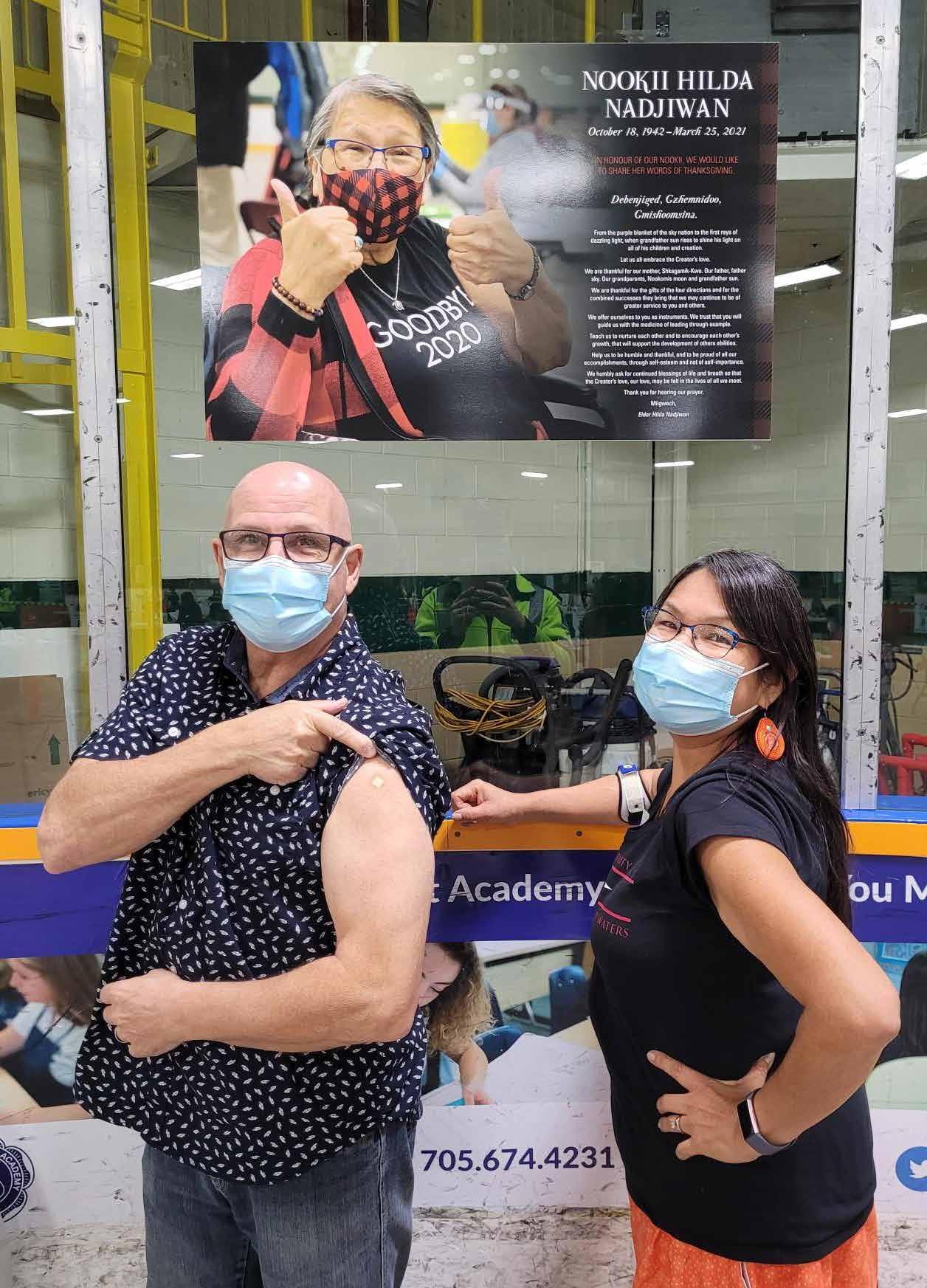
24
© Credit: Annette Cristo
wait, Vaccinate! Immunization for First Nations, Inuit and Métis Peoples


25 Don’t
18-Month Perpetual Calendar – January to June 1 2 3 4 5 6 7 Inuit Day 8 Indigenous Veterans Day 9 10 11 Remembrance Day 12 13 14 15 16 17 18 19 20 21 22 23 24 25 26 27 28 29 30 NOVEMBER
and Communities
What kind of reactions can I expect?
Most people feel fine after being immunized, but some may feel mild side effects such as:
• Infants and children may be fussy or sleepy (more than usual)
• Have a low fever
DID YOU KNOW?
Most people can be vaccinated, even if they have a cold or low fever.
• Develop a sore red spot or a small amount of swelling in the area of the injection site
• Have soreness in the vaccinated arm for a few days
These symptoms are common and generally do not last for longer than a day or two. Before you leave your health care provider’s office or public health office, ask your nurse or health care provider what you can do to ease any soreness or discomfort from the vaccination.
Serious side effects from vaccines are very rare.
Don’t wait, Vaccinate! Immunization for First Nations, Inuit and Métis Peoples and Communities

18-Month Perpetual Calendar – January to June

26
© Credit: iStockPhoto.com, ID 545572792
wait, Vaccinate! Immunization for First Nations, Inuit and Métis Peoples and Communities 18-Month Perpetual Calendar – January to June


27
1 2 3 4 5 6 7 8 9 10 Human Rights Day 11 12 13 14 15 16 17 18 19 20 21 First Day of Winter 22 23 24 Christmas Eve 25 Christmas Day 26 Boxing Day 27
Don’t
DECEMBER
How can I help my young children during immunization?
Children notice how their parents or caregivers are feeling. If you are anxious or nervous, your children may feel this. Staying calm and touching, talking, singing or cuddling with your children during an immunization will help to make the experience more comfortable for them – and you. Distracting your children with toys, videos or stories will also help to reduce any pain and distress.
You can help your baby to be relaxed:
• Make sure your baby is comfortable (not hungry, dry diaper, comfortable clothing)
• Try to be calm. Your baby may sense when you are anxious or nervous and may react in response to your emotions.
• Soothe your baby with comforting words. Talk or sing softly. Touch, or cuddle your baby.
• Look into your baby’s eyes and smile.
• It will be easier to give the needle if your baby is held steady. Your nurse or doctor will help to keep your baby still.
• Breastfeed or bottle feed your baby before, during and/or after immunization.
• It is okay if your baby cries during and/or after the immunization.
Don’t wait, Vaccinate! Immunization for First Nations, Inuit and Métis Peoples and Communities
18-Month Perpetual Calendar – January to June

28
© Credit: Yolande Howrie
Don’t wait, Vaccinate! Immunization for First Nations, Inuit and Métis Peoples and Communities

18-Month Perpetual Calendar – January to June

29
1
Day 2 3 4 5 6 7 8 9 10 11 12 13 14 15 16 17 18 19 20 21 22 23 24 25 26 27 28 29 30 31
New Year’s
JANUARY
Don’t wait, Vaccinate! Immunization for First Nations, Inuit and Métis Peoples and Communities

18-Month Perpetual Calendar – January to June
DID YOU KNOW?
You can help your children have a positive experience when they get a vaccine.
It is a good idea to tell children about getting immunized just before the procedure. Talk with your children and tell them:
• Why they are getting a vaccine: “To keep you, your family and your friends safe!”
• What will happen: “You will get a medicine in your arm.”
• How it will feel: “You will feel a poke in your arm that will feel like a pinch, but it will only last a few seconds! You can help by staying as still as you can”.

• Encourage your children to bring their favourite toy, book or music to the visit.
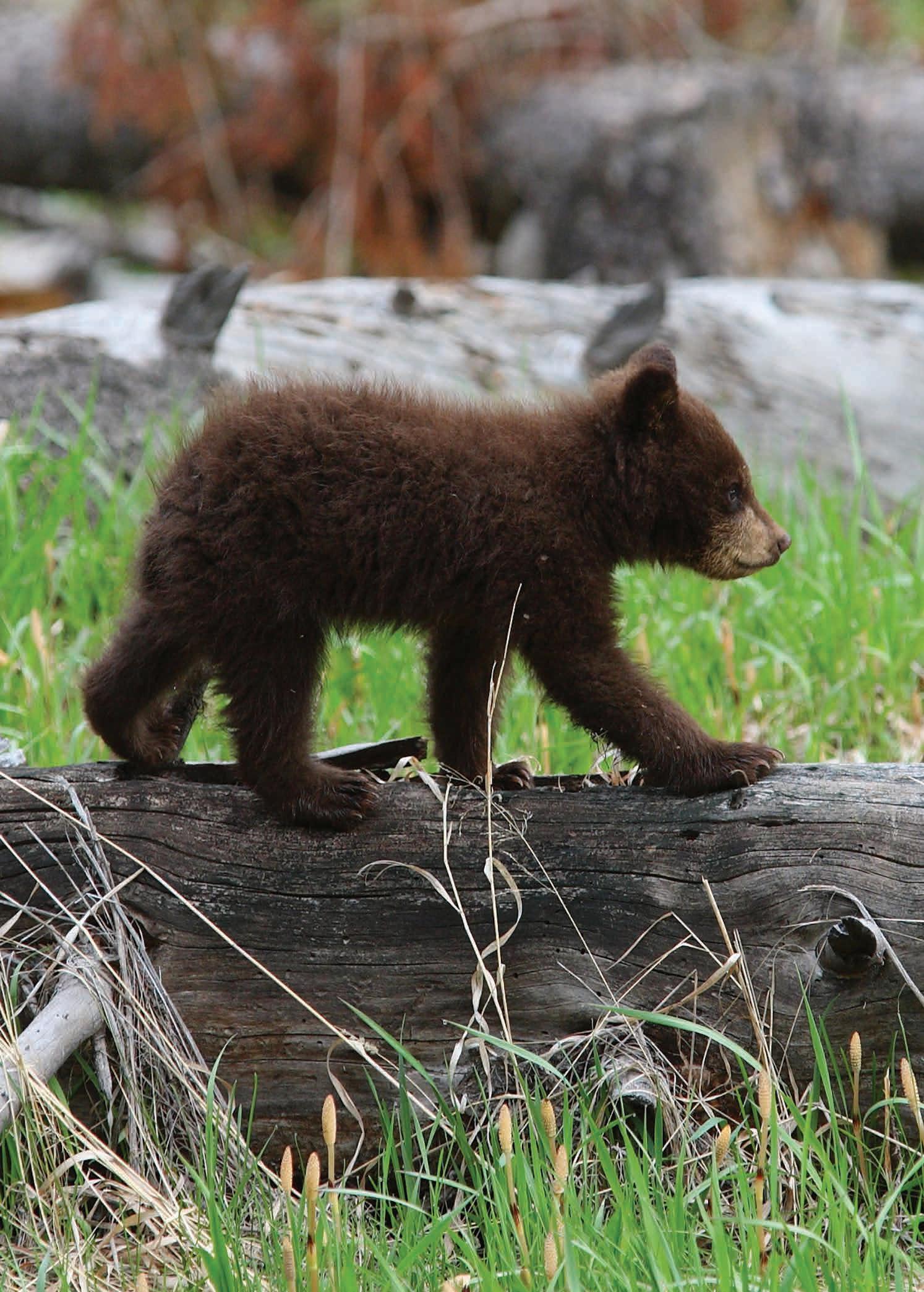
30
© Credit: iStockPhoto.com, ID 97652707
Louis Riel Day is the 3rd Monday in February Pink Day is the last Wednesday in February
14 Valentine’s Day
Don’t wait, Vaccinate! Immunization for First Nations, Inuit and Métis Peoples and Communities

18-Month Perpetual Calendar – January to June
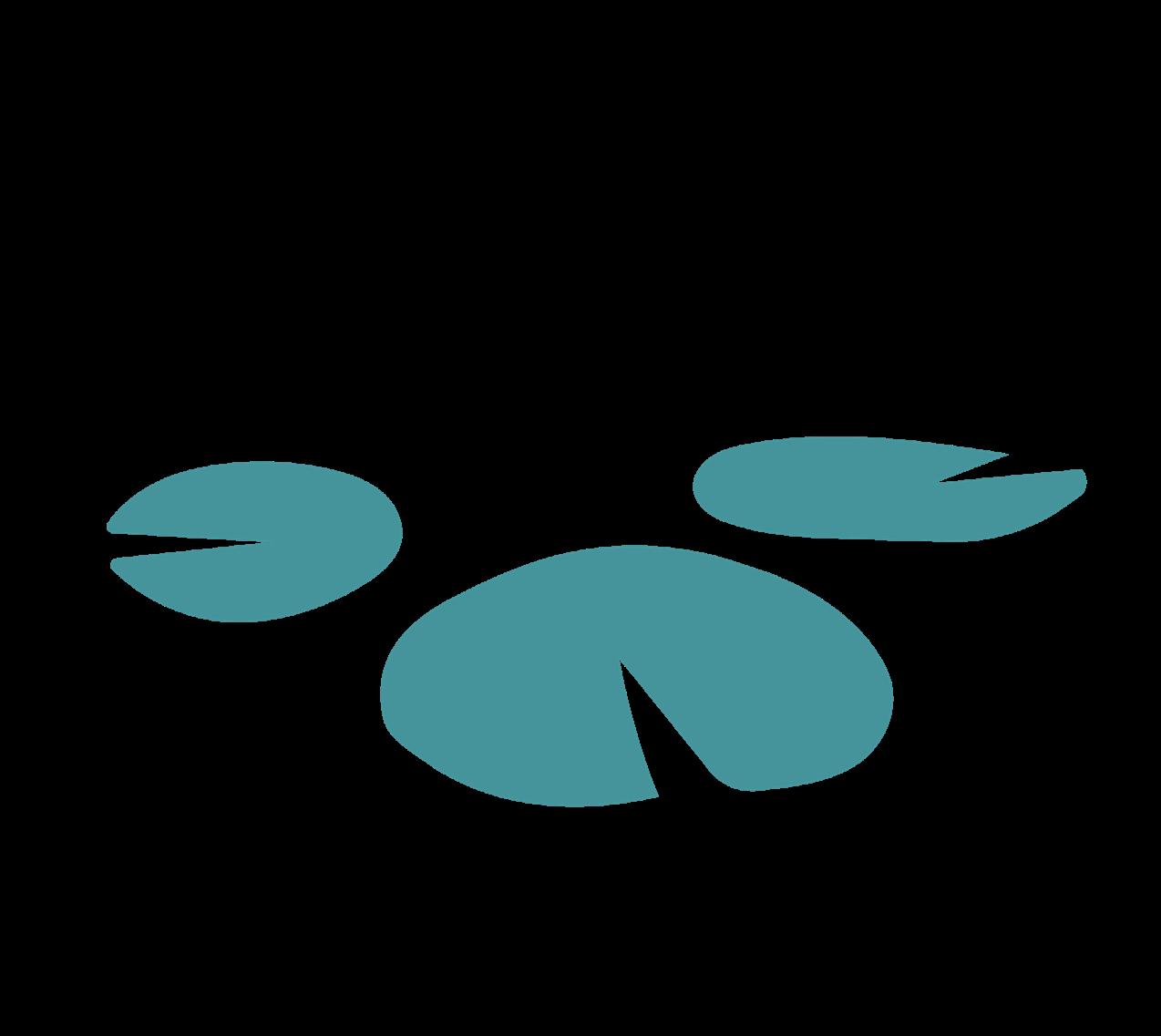
31
1
3 4 5 6 7 8 9 10 11 12 13
15 16 17 18 19
2 Groundhog Day
FEBRUARY
What about older children, youth and adults?
How to help your child during immunization:
• Speak to your child ahead of time to help them prepare for the vaccination.
• Try to be calm. Your child will know if you are nervous or concerned and may react to your emotions by getting scared or upset.
• Hold and talk to your child during the immunization.
• Distract your child during the immunization with:
° A favourite toy, book or music
° Telling a story or using humour
° Asking your child to count
° Asking your child to breathe slowly and deeply
° Asking your child to squeeze your hand during the needle
• Encourage your child. If they require more than one needle, count with them and let them know when they are nearly finished.
• It is ok if your child cries during and/or after the immunization. Hug and comfort them.
• After the immunization, praise your child for being brave. Even if your child had a hard time, give them lots of praise. It’s not easy to hold still!
Many young people and adults also feel nervous about getting immunized. Fear of needles or pain can make many people stressed or anxious. Sitting up straight, taking slow deep breaths, looking away and relaxing the muscles in the arm that is getting the vaccine can help you to be calm before, during and after immunization.
Listening to music, singing, reading or talking to someone else may also help to distract you. Talk to your nurse or health care provider about any ointments or other pain relief.
DID YOU KNOW?
Taking slow deep breaths and trying to distract yourself by thinking of something else may help to lower your anxiety about the needle.
Don’t wait, Vaccinate! Immunization for First Nations, Inuit and Métis Peoples and Communities
18-Month Perpetual Calendar – January to June

32
Easter falls between March 22 and April 25


33 Don’t wait, Vaccinate! Immunization for First Nations, Inuit and Métis Peoples and Communities 18-Month Perpetual Calendar – January to June MARCH 1 2 3 4 5 6 7 8 International Women’s Day 9 10 11 12 13 14 15 16 17 St. Patrick’s Day 18 19 20 Spring Equinox –First Day of Spring 21 International Day for the Elimination of Racial Discrimination 22 23 24 25 26 27 28 29 30 31
Healthier and stronger communities!
Immunizations not only help protect people from vaccine-preventable diseases, they also help stop the spread of these diseases in the community. Children, youth and adults who are immunized help protect the members of their community who aren’t able to be vaccinated, who have not yet been vaccinated or for people whose immune system isn’t strong enough to respond to the vaccines, including:
• Babies under 2 months old
• Young children who have not received all their vaccines
• Pregnant people
• People with health conditions that weaken their immune system
© Credit: iStockPhoto.com, ID 173832595
Don’t wait, Vaccinate! Immunization for First Nations, Inuit and Métis Peoples and Communities
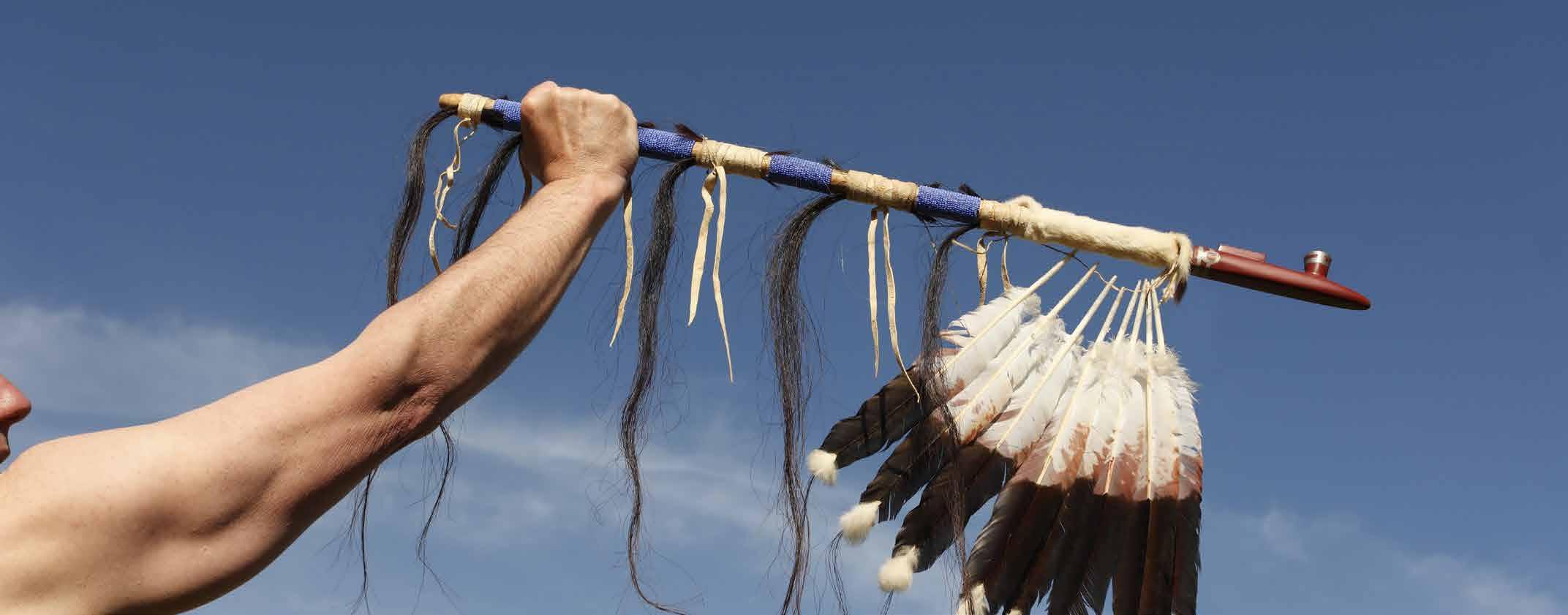

18-Month Perpetual Calendar – January to June
DID YOU KNOW?
Immunizations help protect your children from many infections and also help to stop the spread of diseases in your community. If you don’t have the disease, you can’t pass it on!
34
Easter falls between March 22 and April 25

1 April Fool’s Day
Don’t wait, Vaccinate! Immunization for First Nations, Inuit and Métis Peoples and Communities
18-Month Perpetual Calendar – January to June

35
2 3 4 5 6 7 8 9 10 11 12 13 14 15 16 17 18 19 20 21 22 Earth Day 23 24 25 26
APRIL
Handwashing stops the spread of germs
When to wash hands:
• When your hands are dirty
• Before eating or touching food
• After using the bathroom
• After blowing your nose, coughing or sneezing
• After touching pets or other animals
• After being outside
• Before and after visiting a sick relative or friend
Steps to good handwashing
1. Wet your hands with water
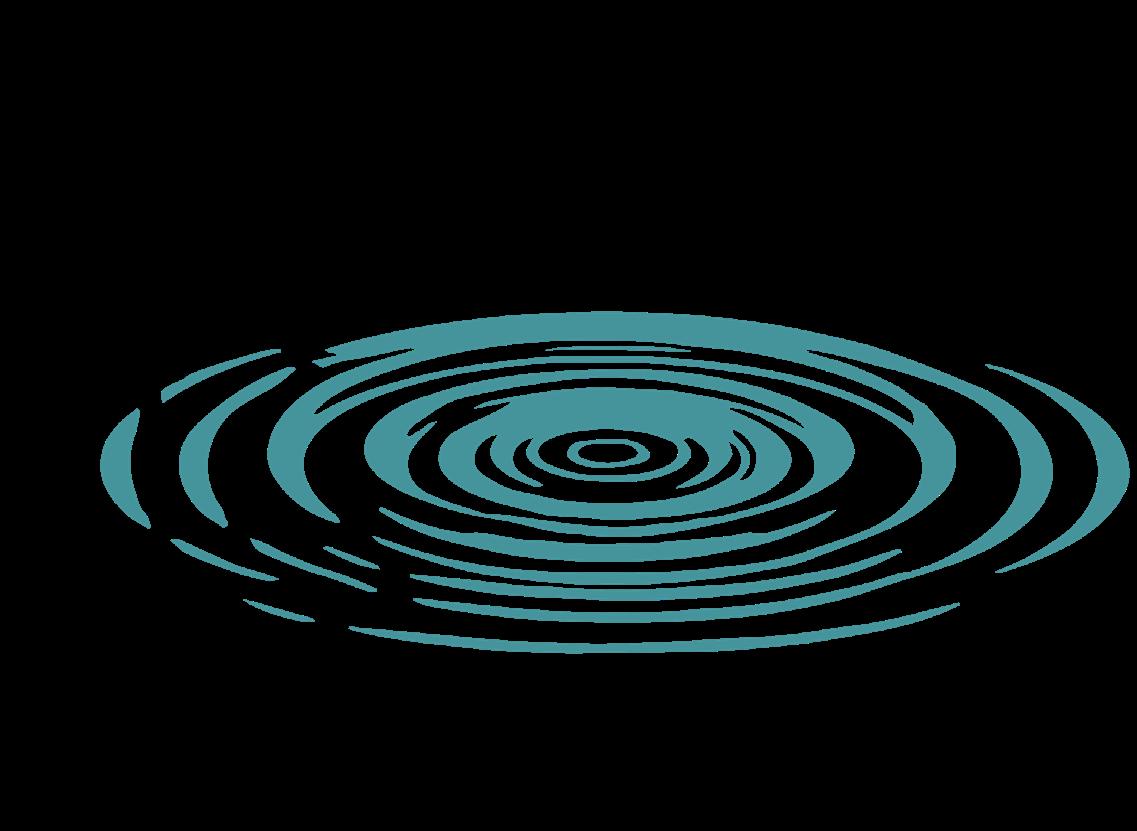
2. Use soap
3. Lather and scrub your hands while you count to 20 slowly. Make sure you wash between your fingers, the backs of your hands, under your fingernails and jewellery
4. Rinse your hands well to remove all soap
5. Dry your hands with a clean towel
6. Teach good handwashing to your children. Have them sing a song that lasts 20 seconds while rubbing their hands together. This will show them the amount of time it takes to clean their hands properly
7. Make sure children see you wash your hands regularly
DID YOU KNOW?
Handwashing is one of the best ways to prevent the spread of infections!
Don’t wait, Vaccinate! Immunization for First Nations, Inuit and Métis Peoples and Communities
18-Month Perpetual Calendar – January to June

36
Mother’s Day is celebrated on the 2nd Sunday of May Victoria Day is celebrated on the Monday preceding May 25


5 National Day of Awareness for Missing and Murdered Indigenous Women, Girls, and 2SLGBTQQIA+ Peoples (MMIWG2SLGBTQQIA+)
Don’t wait, Vaccinate! Immunization for First Nations, Inuit and Métis Peoples and Communities 18-Month Perpetual Calendar – January to June
37
1 2 3 4
6 7 8 9 10 11 12 13 14 15 16 17 18 19 20 21 22 23 24 25 26 27 28 29 30 31 MAY
Where do we go to be immunized?
Parents and caregivers are responsible for their children’s health. It is important for parents and caregivers to know when and where to get their children immunized. Where you go to get immunized depends on where you live – on reserve, in a city or town, or in a rural or remote northern community.
DID YOU KNOW?
It is very important for parents, caregivers and other family members to be up-to-date with their immunizations to keep babies and elderly people safe from disease. Don’t forget to ask your health care provider if your immunizations are up to date.
Talk to a nurse, doctor, or local health care provider in your community. You can also contact your provincial or territorial public health department to find out where you can go for your vaccines.
Don’t wait, Vaccinate! Immunization for First Nations, Inuit and Métis Peoples and Communities

18-Month Perpetual Calendar – January to June
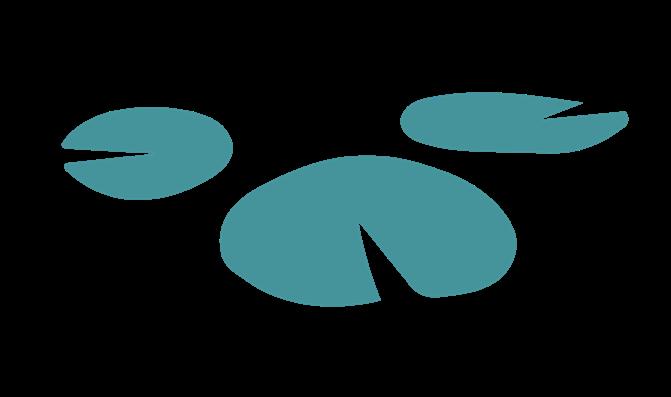

38
© Credit: iStockPhoto.com, ID 1257714700
June is National Indigenous History Month
Father’s Day is the 3rd Sunday in June

Don’t wait, Vaccinate! Immunization for First Nations, Inuit and Métis Peoples and Communities

18-Month Perpetual Calendar – January to June
First Day of Summer
39
1 2 3 4 5 6 7 8 9 10 11 12 13 14 15 16 17 18 19 20 21
National Indigenous People’s Day
22 23 24 25 26 27 28 29 30 JUNE
For more information:

Canadian Paediatric Society https://cps.ca/en/clinical/immunization-and-vaccines


Health Canada www.healthcanada.gc.ca/vaccinate
Indigenous Services Canada: Vaccinations for First Nations and Inuit www.sac-isc.gc.ca/eng/1581522307599/1581522348005
Public Health Agency of Canada www.publichealth.gc.ca/immunization
Immunize Canada www.immunize.ca
CANvax www.canvax.ca
The CARD system (Comfort, Ask, Relax, Distract) https://www.aboutkidshealth.ca/card
Reduce the Pain of Vaccination in Kids and Teens: A guide for parents https://caringforkids.cps.ca/uploads/handout_images/painreduction_ kidsandteens_e.pdf
View and download the fact sheet series and other resources supporting vaccine confidence amongst First Nations, Inuit and Métis peoples and communities online at: nccih.ca and nccid.ca .
FOR MORE INFORMATION: UNIVERSITY OF NORTHERN BRITISH COLUMBIA 3333 UNIVERSITY WAY, PRINCE GEORGE, BC, V2N 4Z9
1 250 960-5250 NCCIH@UNBC.CA NCCIH.CA








 © Credit: iStockPhoto.com, ID 175340763
© Credit: iStockPhoto.com, ID 175340763







 © Credit: Tina Campbell
© Credit: Tina Campbell
































